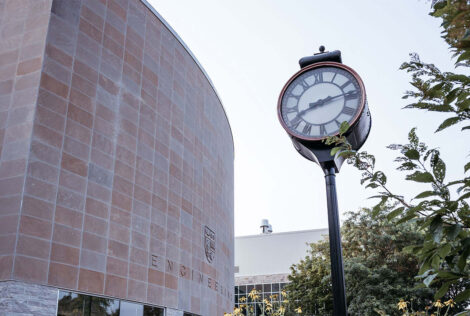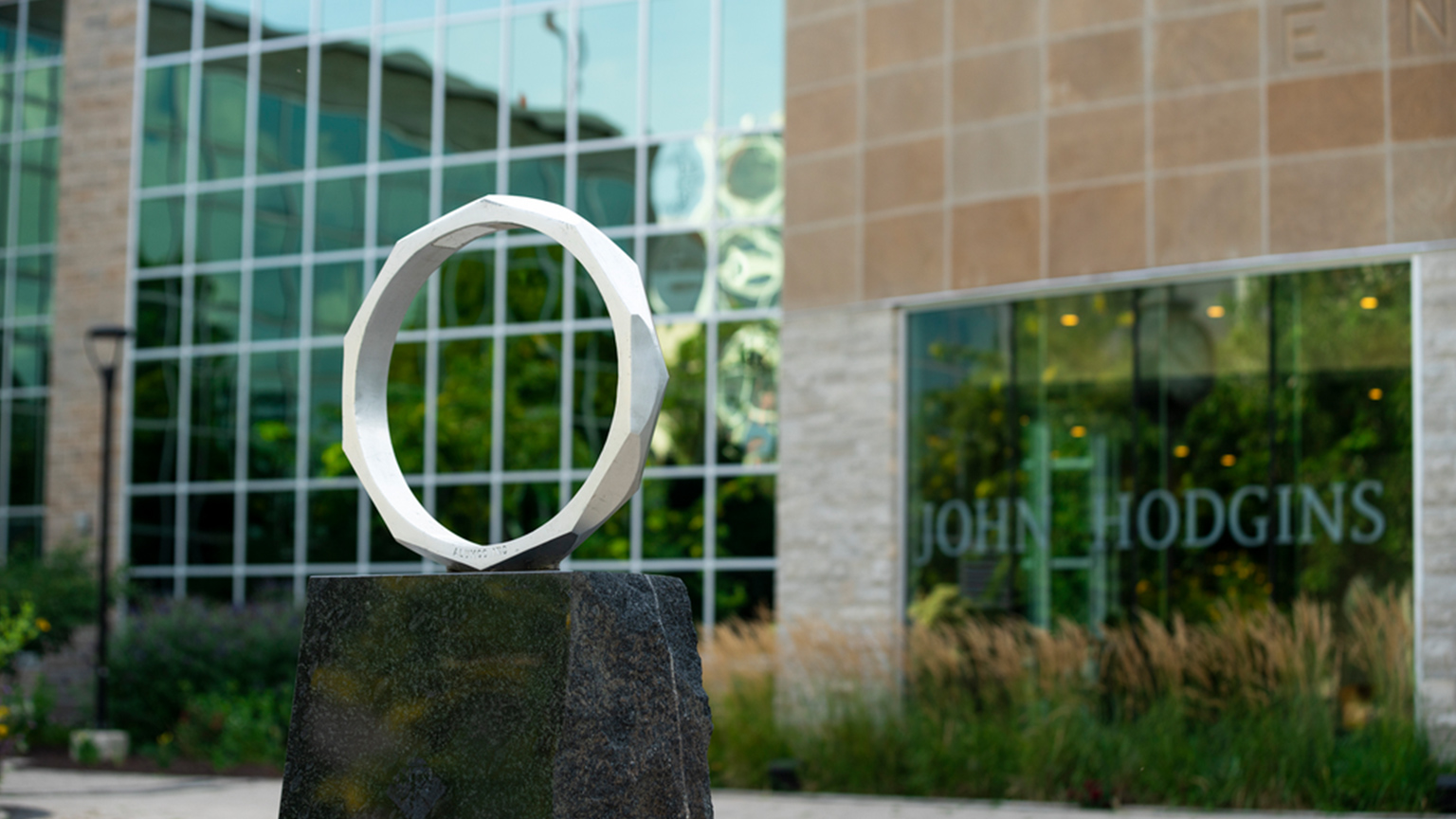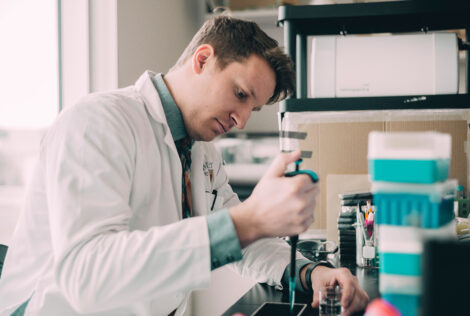

The natural gas industry’s infrastructure mostly resides underground, near the surface, where residents digging in their gardens and operators excavating for construction can easily hit the pipes carrying natural gas. Although extensive efforts have been made in recent years to reduce the incidence of damage to pipes, the rate of damage is still too high.
Hitting a pipe results in damage to infrastructure, service interruptions, fines, legal bills, business losses, environmental damage and occasional loss of life. W Booth students immersed themselves in the industry. They worked with customers, professionals and leaders inside the industry to learn about the stakeholders, their interests, behaviours at dig sites, the technologies, and policies to develop a broad and comprehensive understanding of the issues, levers for change, needs, and opportunities.
Working continually with stakeholders, students proposed a wide range of solutions included changes to policy, training, onsite data collection, residential education, etc. Consulting with the industry, the student team selected one possible solution for further work. This led to a detailed plan for implementation and included plans for piloting the change, technology development, business implications, and policy considerations.
The students experienced working on a complex problem with multiple stakeholders at level they could not normally expect until well in to their career. Industry stakeholders received the benefit of the students’ research, new ideas, and detailed analysis on a solution alternative.


